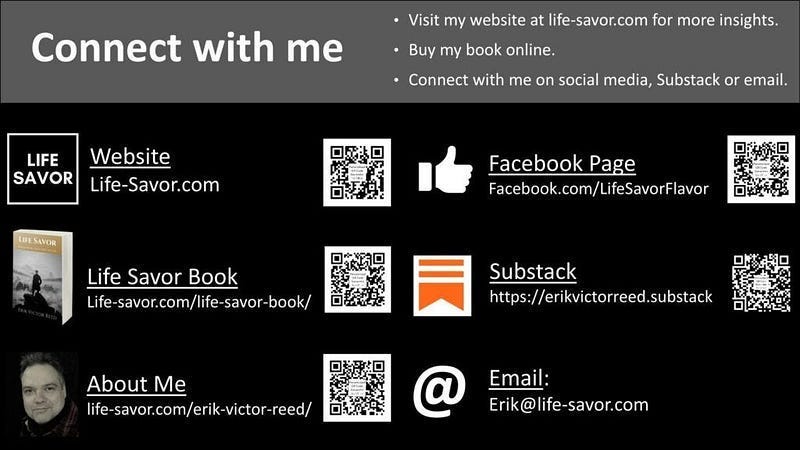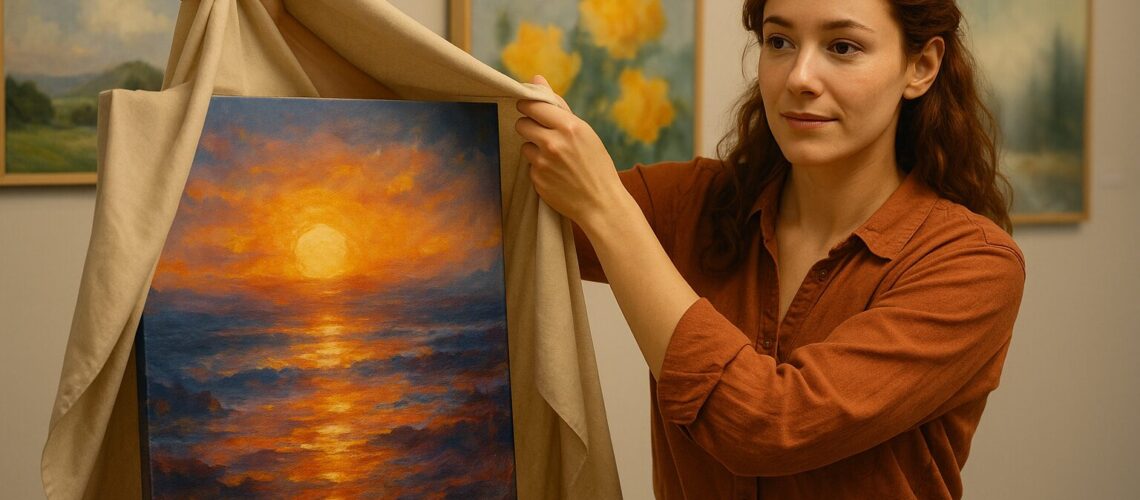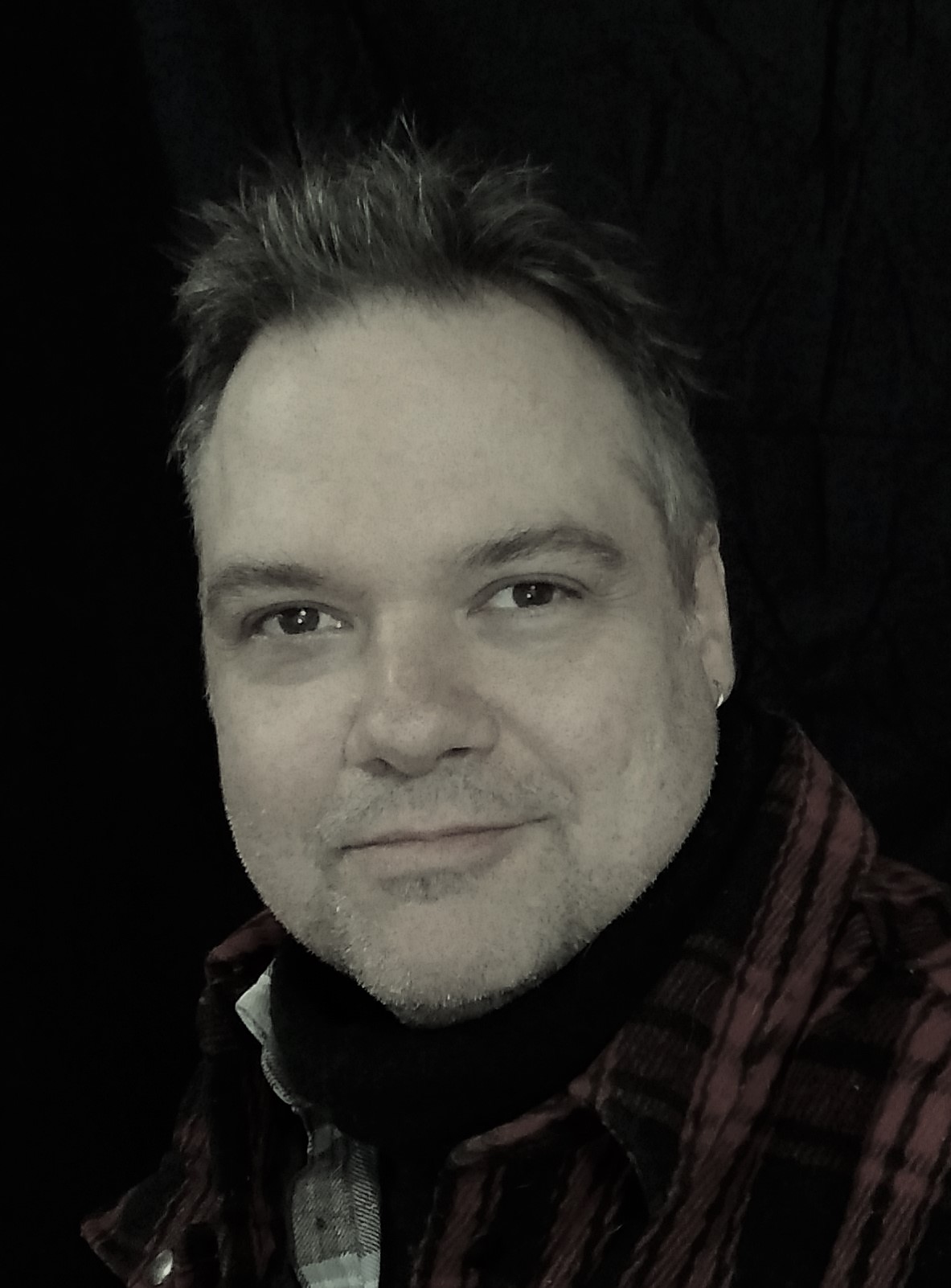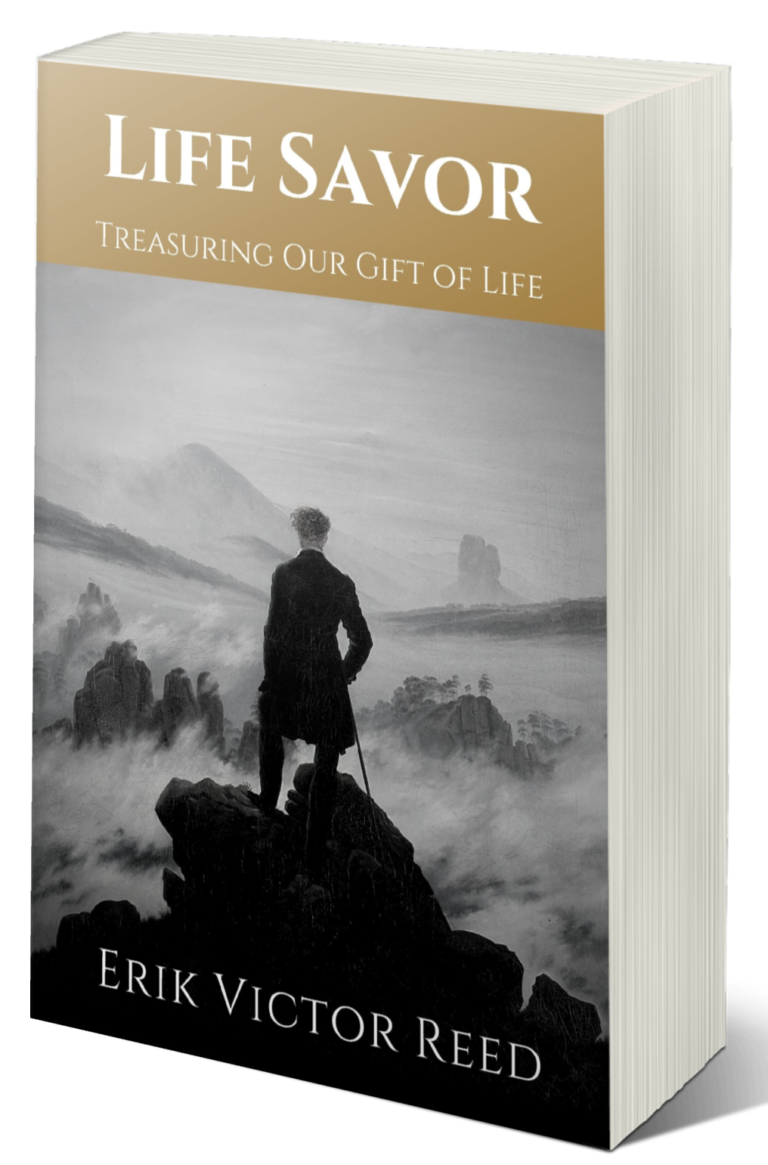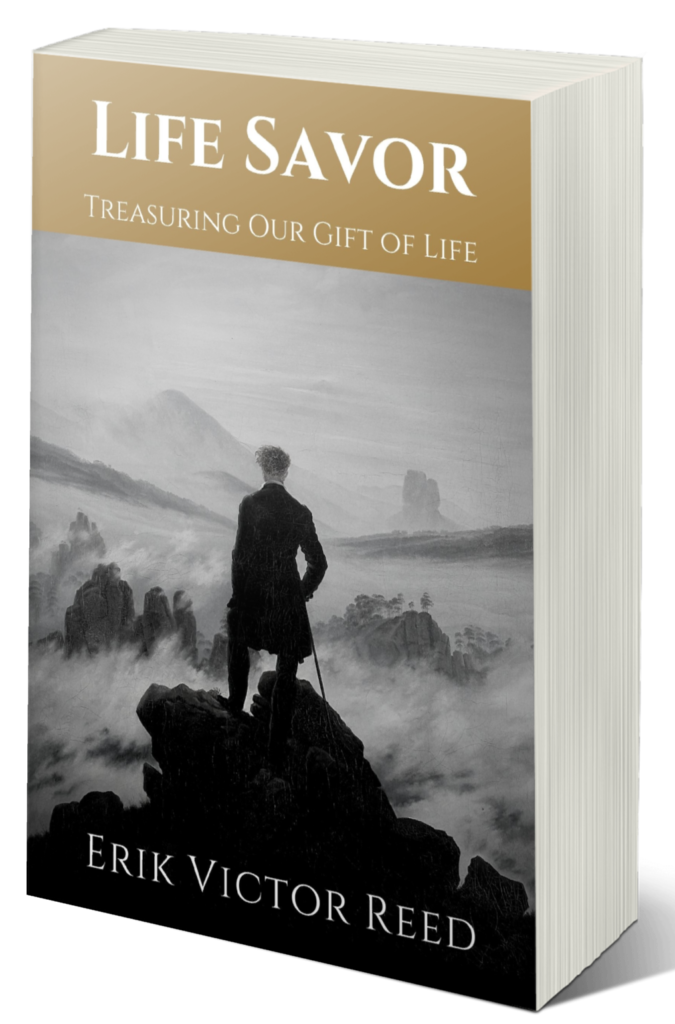Why authenticity feels risky — and why it’s worth it
The Safer Mask
Most of us learn early how to wear masks. We present the version of ourselves we think will be accepted: the dutiful student, the competent worker, the agreeable friend. Masks keep us safe. They win us approval.
But masks also cost us. When we hide our real passions, fears, and longings, we begin to feel hollow. Life becomes performance, not presence. We win applause but lose authenticity.
At some point, the question arises: Am I willing to risk putting my real self on the line?
Why It Feels Dangerous
It feels dangerous because rejection cuts deeper when we are honest. If people dislike the mask, it doesn’t hurt much — it wasn’t really us anyway. But if they reject our true passions, our true art, our true beliefs, the wound is personal.
This is why many of us settle for safe ambition. We chase socially approved goals instead of daring to reveal what we actually love. It feels less risky. But the safety is an illusion. What we lose is life itself.
The Artist at the Exhibit
Picture an artist standing in a gallery as people view her paintings. She feels exposed, vulnerable, even terrified. The canvases are not just objects — they are extensions of her inner world. If people mock them, they mock her.
And yet, as viewers linger, connect, and even feel moved, the artist feels something richer than safety: she feels alive. By putting her real self on the line, she has given others something real to meet.
That’s the paradox: risk exposes us to hurt, but it also opens the door to connection and fulfillment.
Authenticity as Strength
We sometimes confuse vulnerability with weakness. In truth, vulnerability is strength. It takes courage to be seen, to risk failure, to admit what we care about.
The people we admire most are rarely the ones who played it safest. They are the ones who dared to live openly — who shared their convictions, pursued their fascinations, revealed their hearts. Their authenticity gave others permission to do the same.
The Cost of Hiding
When we never put ourselves on the line, life flattens. Work feels empty. Relationships stay shallow. Achievements ring hollow.
Worse, we begin to forget who we are beneath the masks. Years of playing roles can make us lose sight of our real passions, our deeper voice.
The tragedy of hiding is not only that others never know us. It’s that we never fully know ourselves.
Why It’s Worth It
Yes, putting our real selves on the line exposes us to failure, ridicule, and loss. But it also exposes us to love, resonance, and fulfillment.
The deepest joys of life — love, creation, wonder, connection — all require risk. We cannot have them from behind the safety of masks. We can only have them by stepping forward honestly.
When we risk authenticity, we make possible the joy of being seen and loved as we truly are.
Practices for Courage
- Name what you hide. What part of yourself do you keep masked? Admit it first to yourself.
- Take small risks. Share your passion with a trusted friend. Publish a small piece of your art. Test vulnerability in safe spaces.
- Reframe rejection. If someone rejects your real self, it means they weren’t meant for that part of your journey. Better to know.
- Remember the alternative. Safety has a cost: the slow erosion of authenticity.
Courage grows with practice. Each step of honesty strengthens us for the next.
The Greater Risk
There is a greater risk than rejection: the risk of never showing up as ourselves at all. To reach the end of life and realize we lived behind a mask — that is the deepest loss.
Authenticity doesn’t guarantee applause. But it guarantees integrity. It guarantees that whatever story we live, it is ours.
Closing Thought
The courage to put your real self on the line is the courage to live. It is the decision to risk being known rather than remain hidden. It is the willingness to let your passions, your creations, your loves, your values step into the light.
Yes, it feels dangerous. But safety is an illusion. Life’s great joys are reserved for those who dare.
So take the risk. Put your real self on the line. Because in doing so, you don’t just live — you live as you.
For more like this, visit the broader project at life-savor.com, or explore the Life Savor book itself.
To learn more about Life Savor’s philosophy,
read Life Savor: Treasuring Our Gift of Life by Erik Victor Reed.

